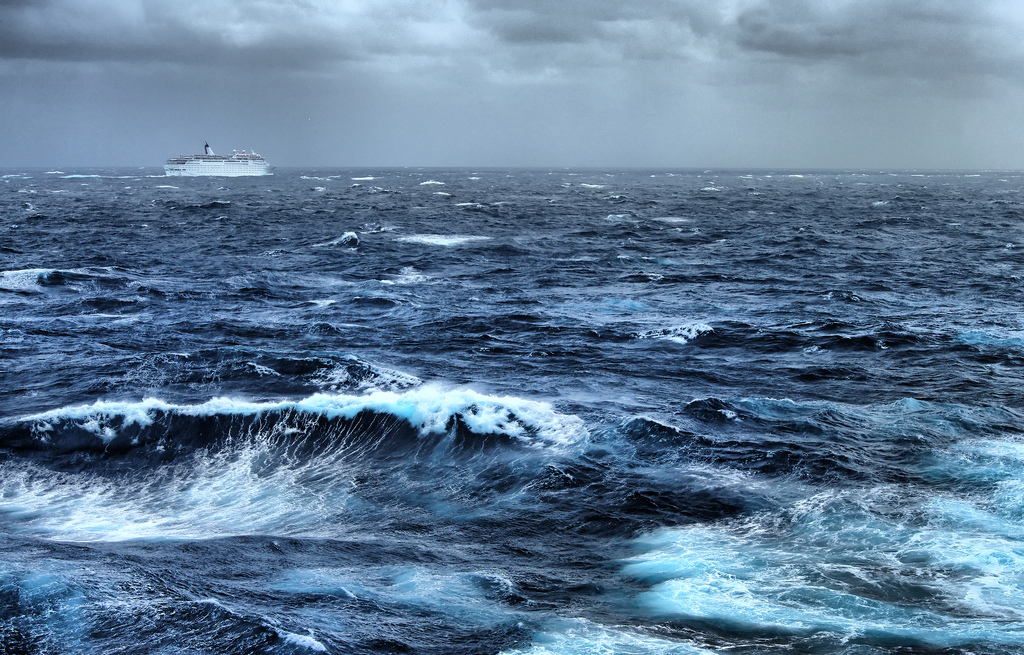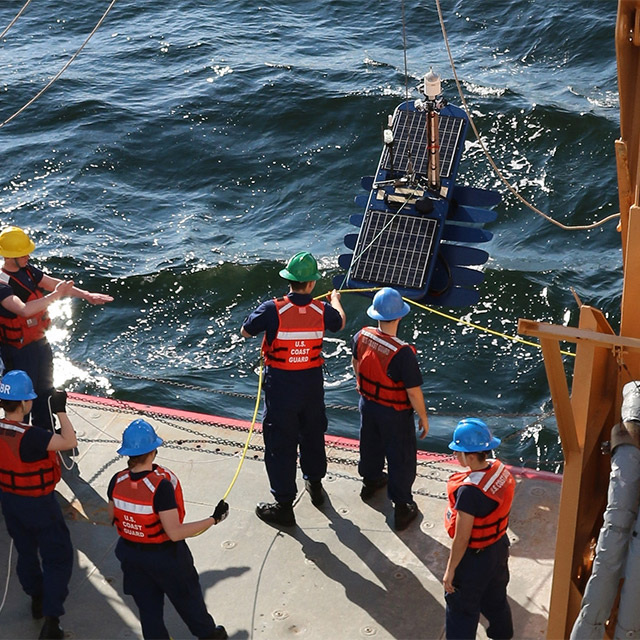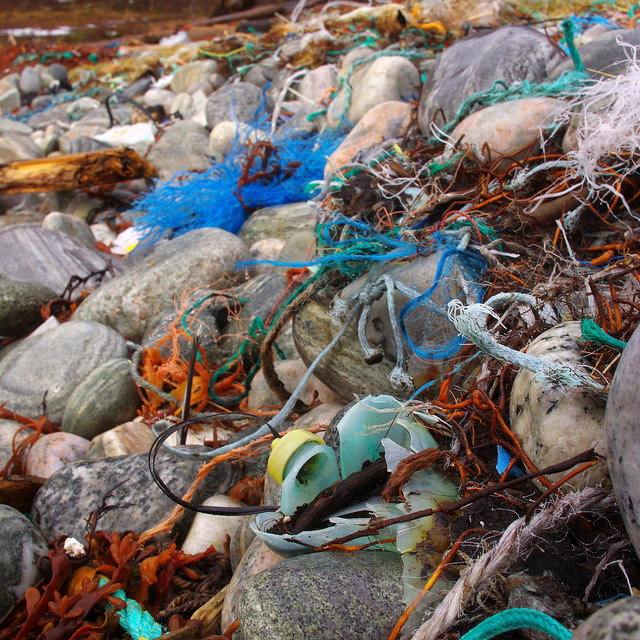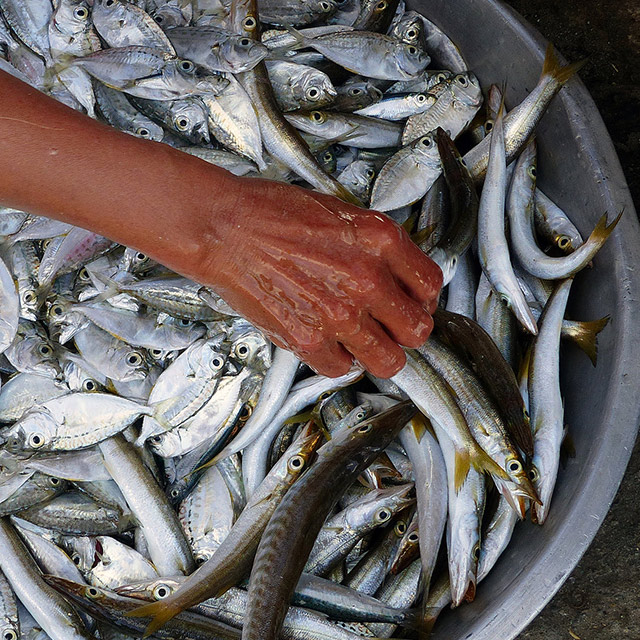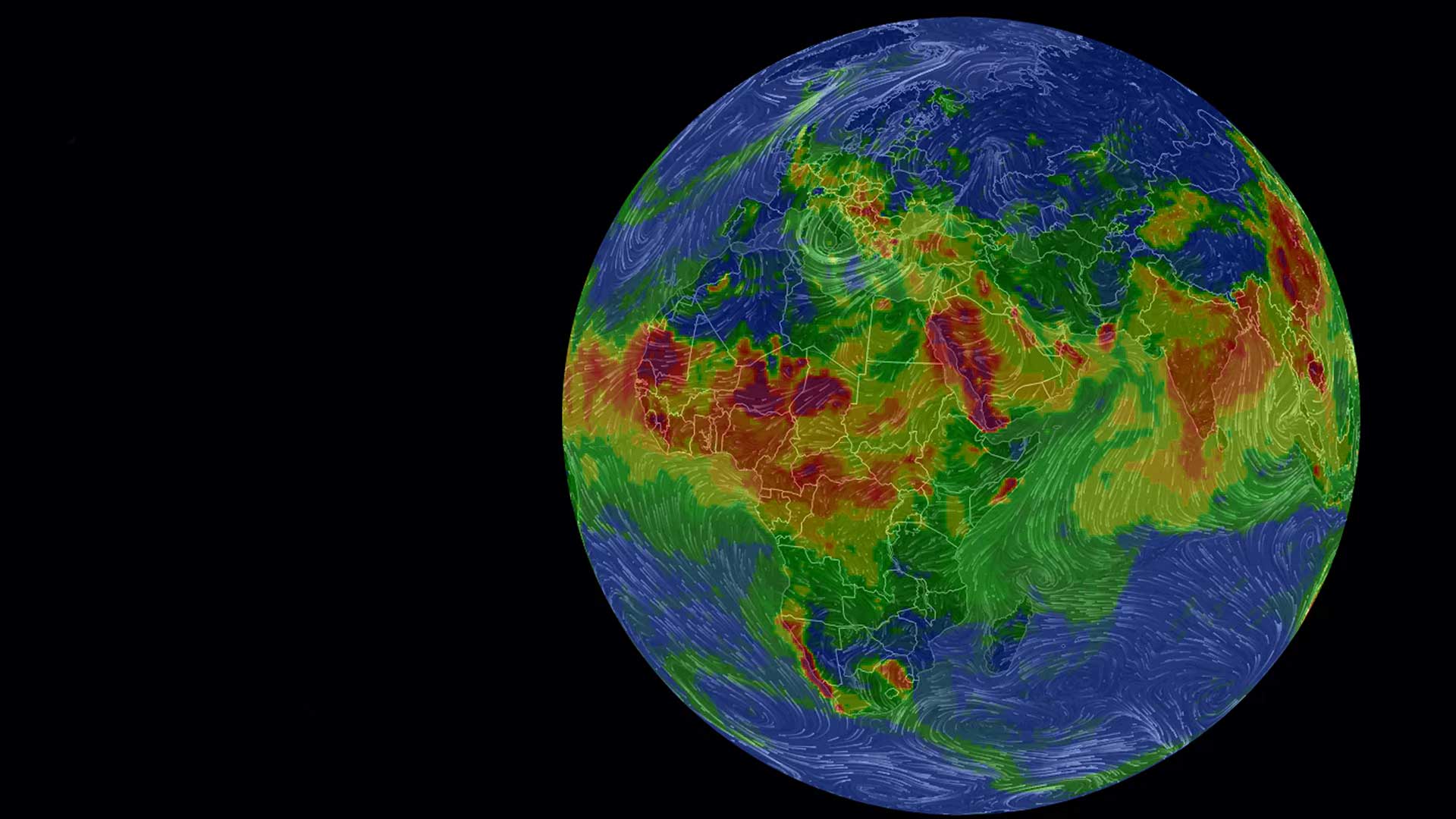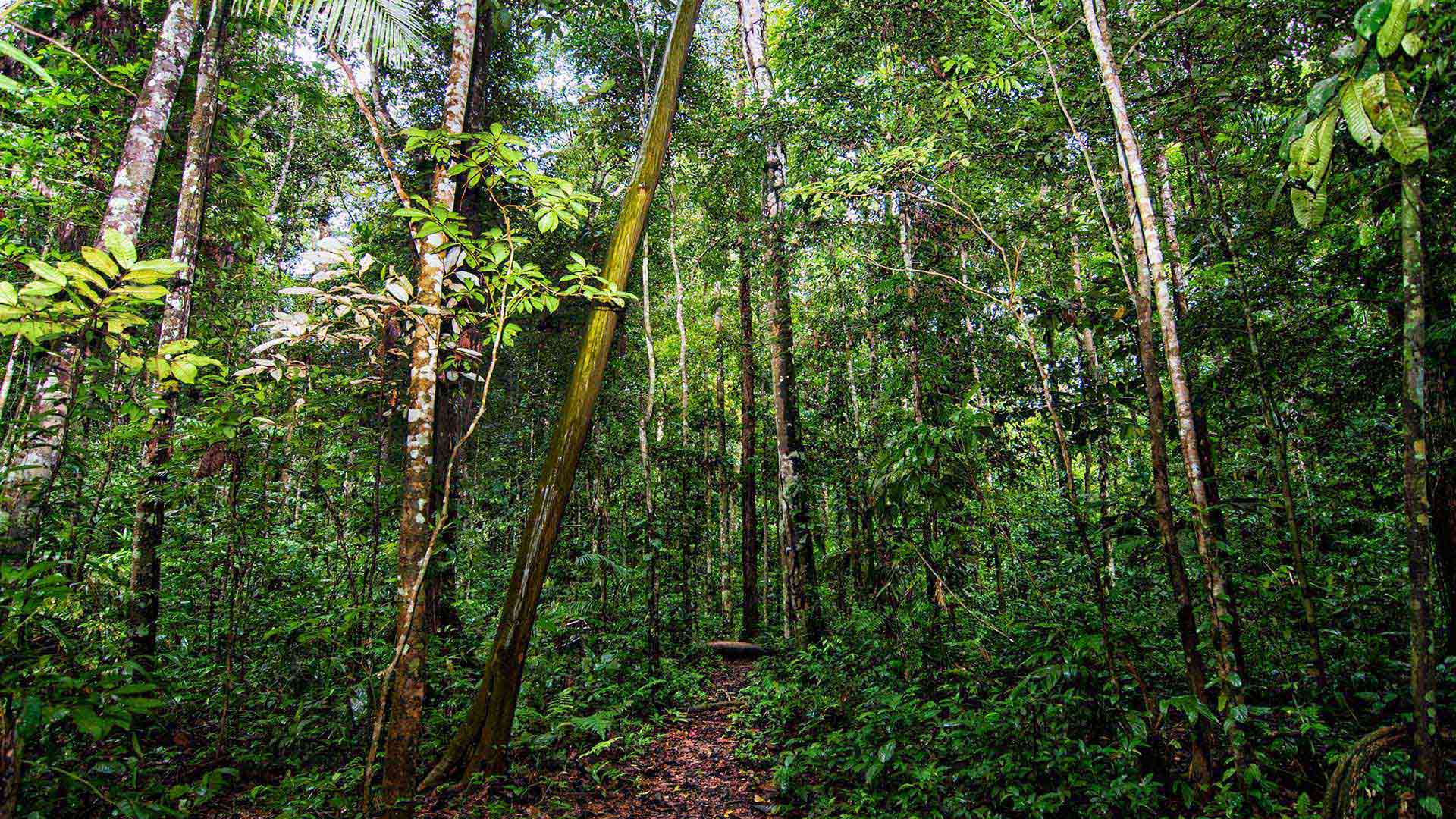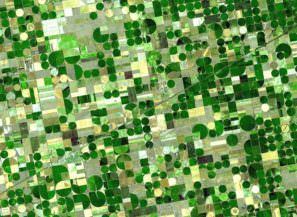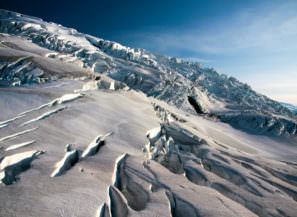Is the ocean the real final frontier? Humans have a greater understanding of the surface of the moon than they do of the depths of these waters. But what we know of the ocean proves it hosts a wealth of opportunity – connecting the world; supporting important and basic economic, cultural and environmental functions – despite being under significant threat. Stressed by unsustainable lifestyles and the increasing demands of a growing global population, how do we become good stewards of this massive natural resource?
In the massive open online course One Planet – One Ocean: From Science to Solutions, learn from the world's leading experts on ocean science. They will present the issues and potential solutions – grounded in rigorous scientific research – to fight for our endangered waters.
